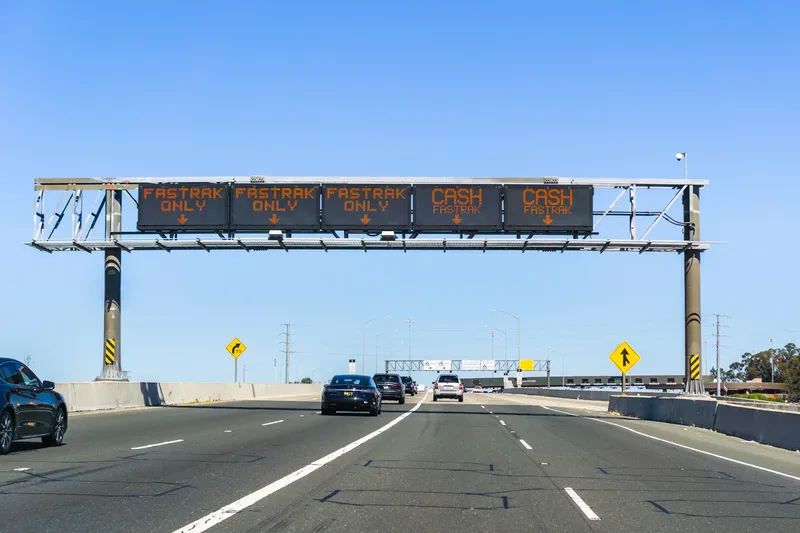Colombia has approved US$13.4 billion in funding for nine highway projects, part of a master plan to revamp and expand Latin America's fourth largest road network.
All nine projects are part of the Autopistas para la Prosperidad program, which involves the construction of some 838 kilometres of two-lane highways, 63 kilometres of bridges and 90 kilometres of tunnels.
The government also decided to finance directly the construction of Toyo tunnel, ruling out the concession framework for that project.
"Nine projects have been approved, eight of them will be under a public-private partnership and one will be entirely financed by the state," president Juan Manuel Santos said in a public speech in western Antioquia department.
Conexión Norte, a US$500 million, 146 kilometre highway in north-west Colombia is scheduled to be awarded in the first quarter. In the second quarter, national infrastructure agency ANI will name the winners in the tenders for Conexión Pacífico 1, Río Magdalena 2 and Conexión Pacífico 3, among other projects, for more than US$2.5 billion.
Río Magdalena 1, Autopista al Mar 1 and Autopista al Mar 2 are planned to be awarded in the third quarter for US$2.66 billion.
Colombia plans to award at least 25 highway projects in 2014 under a US$21 billion plan dubbed 4G.
Colombia approves highway plan funding
Colombia has approved US$13.4 billion in funding for nine highway projects, part of a master plan to revamp and expand Latin America's fourth largest road network.
All nine projects are part of the Autopistas para la Prosperidad program, which involves the construction of some 838 kilometres of two-lane highways, 63 kilometres of bridges and 90 kilometres of tunnels.
The government also decided to finance directly the construction of Toyo tunnel, ruling out the concession framework for that project.
March 10, 2014
Read time: 2 mins








